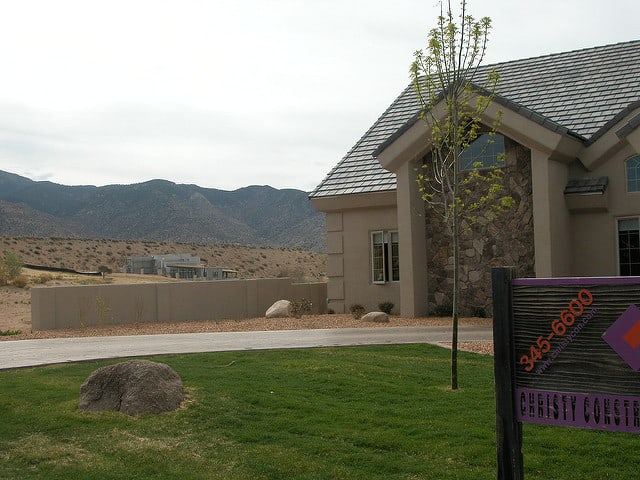Rental properties can make great investments, because they combine asset appreciation with a steady income in the form of rent. For those with the cash to spare, an income property could be an ideal way to build wealth.
But income properties can also fail to produce the wealth that their owners expect. With the wrong choices and a little bad luck, your income property could become a drain on your finances instead of a boon. If you’re not careful, you could end up with a non-performing asset that drains you of your time, money, and patience.
If you’re going to get the most out of your income property, you’re going to need to steer clear of certain crucial mistakes. Here are four in particular that you should take pains to avoid.
Choosing the wrong tenant
An empty property is one of the worst things that can happen to a landlord, because it means that the income property is not generating income. But this isn’t the very worst possible situation. Having an occupied property that is occupied by the wrong tenant can be even worse.
A bad tenant can be destructive, which can lower the value of your property. They may commit crimes on your property, upset neighbors, and mess with your relationship with other tenants. And bad tenants can stop paying rent, too, which is very bad news for good landlords. Evicting tenants is difficult and costly, and you can’t rent out a space that has someone in it.
Getting out of a situation with a bad tenant can be very difficult. Avoiding it in the first place is much easier. Use background checks and tenant screening features of reliable landlord software solutions to double-check your would-be tenants before they sign the lease.

Putting off maintenance
Preventative maintenance is aptly named. When you invest in regular preventative maintenance, you’re not waiting for things to go wrong. And by solving problems early and preventing bigger issues from arising, you’re saving yourself a boatload of cash that you would otherwise have to spend on costly emergency repairs. In the end, being proactive about your property’s maintenance needs is the most cost-effective way to do business.
Work with reliable contractors and set up long-term agreements. Keep a careful schedule of your property’s maintenance needs, and stick to it. It will pay off.
Skimping on your insurance coverage
Landlord insurance is something that every landlord needs. Make sure that your policy is up to snuff.
You may think that you can save a few bucks by getting a less extensive policy, and maybe you can — in the short term. But if something happens and you’re not covered, you could be out of a lot of cash. Make sure that you have coverage for things beyond the bare minimum — good liability coverage, for instance, is essential in today’s litigious society.
Not hiring the right tax professional
Tax laws are full of nice deductions for landlords, but you won’t know anything about that if you don’t hire the right tax professional. You may think that you can save money by doing your own taxes, but this is one area where you’ll actually save money by investing in quality work. Tax pros will know how to wring every last penny of deductions out of your rental property, and there are quite a few to find!
Owning a rental property can be a tremendously effective way to build wealth, but it will only work out well if you stay smart and avoid the pitfalls. Learn from the mistakes of others, and steer clear of missteps on your way to making your real estate property as lucrative as possible!







